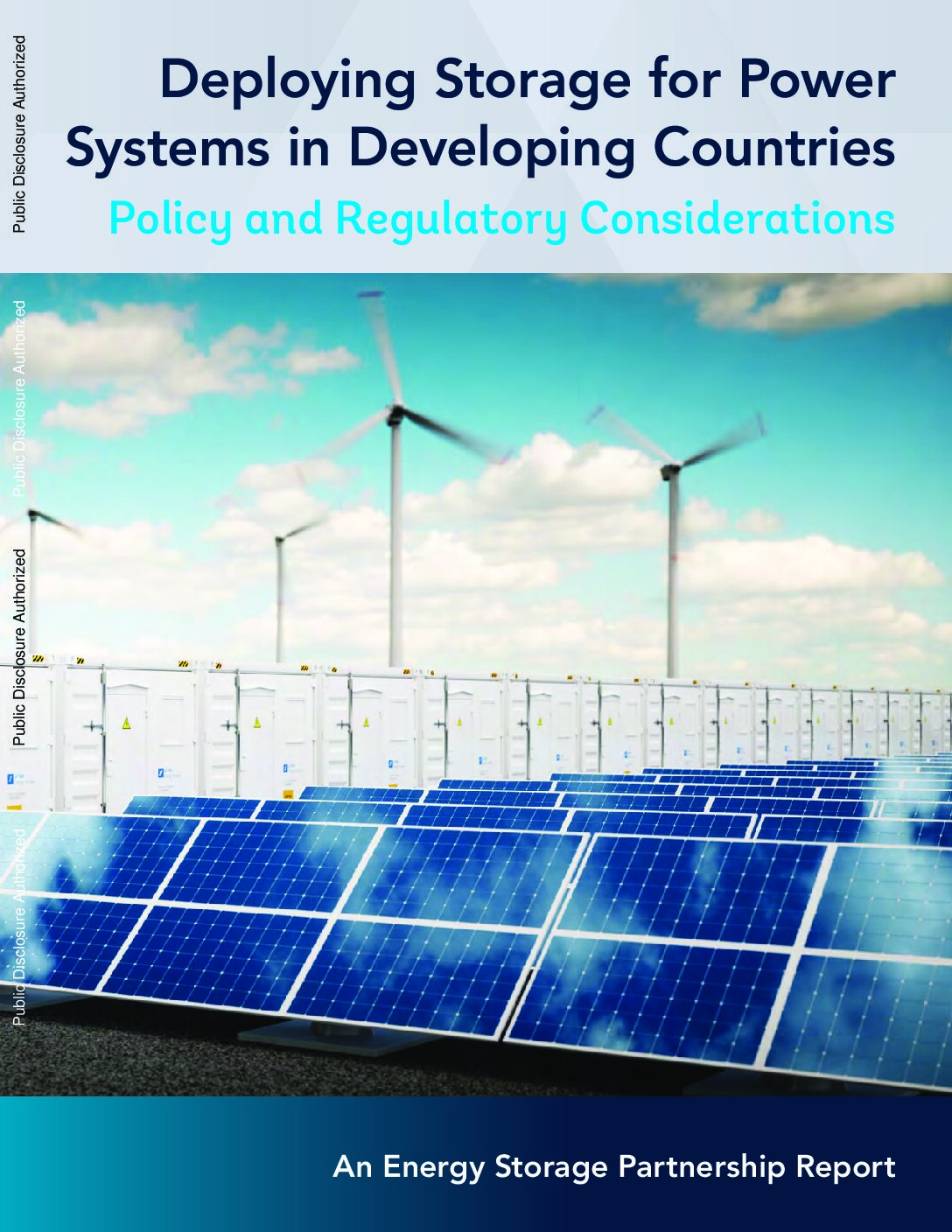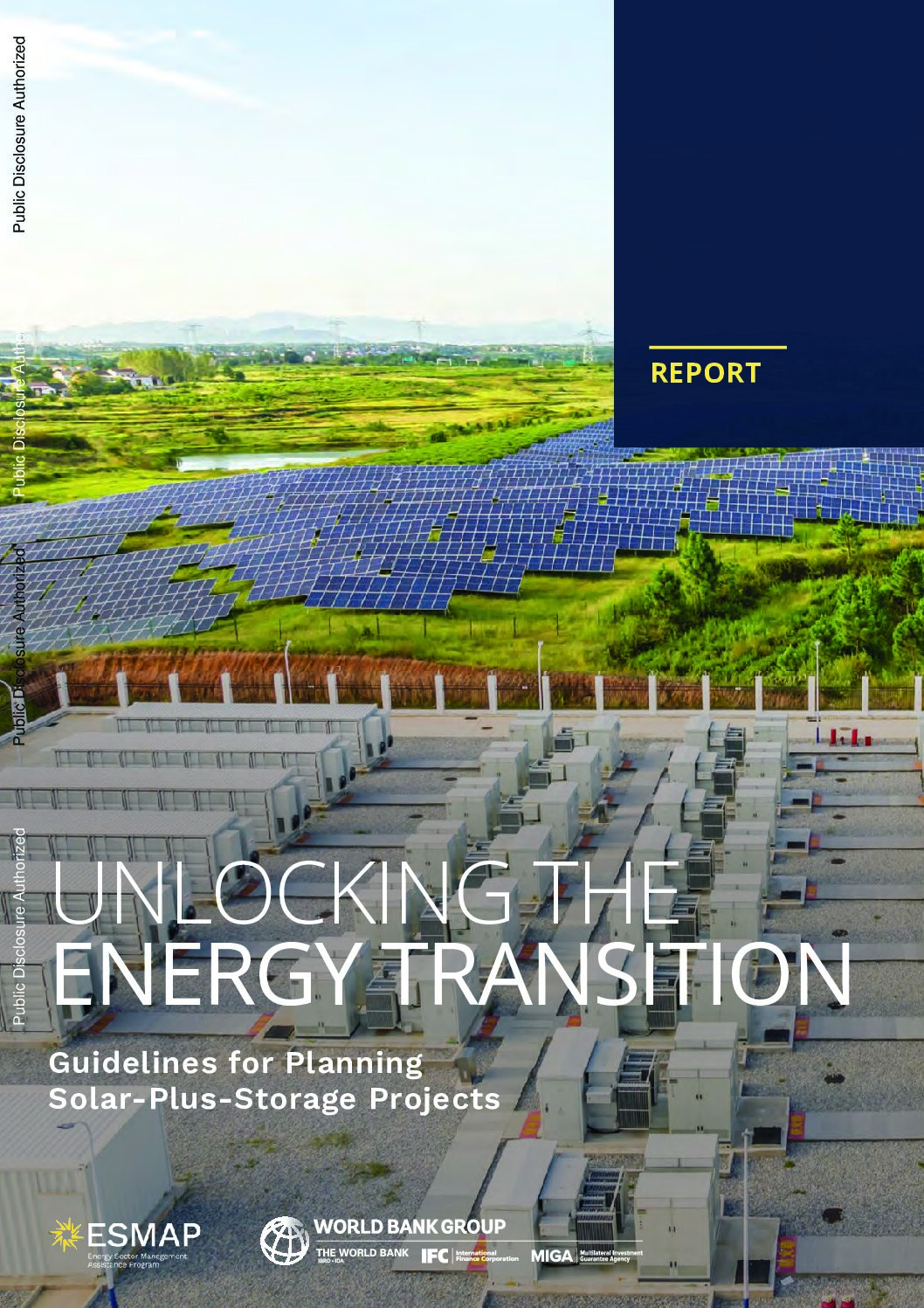This guidance note outlines the advantages and risks of pumped storage hydropower projects, and provides advice for how projects can be structured and funded.
This executive summary of a larger report provides a quick overview of the growth of battery demand since the early 1990s. It shows that the reduction in battery costs and the increase in efficiency has led to a domino effect, as batteries become viable alternatives to other energy sources for ever more applications.
The Long Duration Energy Storage Council is a global non-profit working with energy companies, technology providers, investors and governments to accelerate the deployment of large-scale energy storage around the world. This platform provides an overview of different energy storage technologies.
This article provides a quick and accessible introduction to different energy storage technologies, including thermal energy storage, pumped storage, hydrogen, and gravity batteries, with links to recent projects.
This explainer by the German Heinrich Böll Foundation provides a quick overview of green hydrogen, the way it is produced, the role it can play in the energy transition, and the main challenges.
This World Bank report by the Energy Storage Partnership provides advice on enabling policy and regulatory environments to attract investment in grid-scale energy storage projects in developing countries.
Wind farms tend to be large projects built in relatively remote areas, and in the past, they have often generated more disturbance than benefits for local communities. This World Bank report discusses models that allow host communities of wind energy projects to benefit more from those projects.
This report highlights the importance of sector coupling as a key source of flexibility that cities can explore to stabilise power grid operations when integrating high shares of variable renewable energy sources. It presents a range of sector coupling opportunities available for use in cities, including self-consumption of variable RE sources, the role of thermal […]
This report outlines how modern battery energy storage systems can be effectively deployed and alleviate the variability of renewables. It also includes a Power Purchase Agreement template that can serve as a practical tool to bring private sector investments in the power sector.
This Guide aims to assist community and indigenous communities groups in the development of their own small-scale renewable energy projects.






